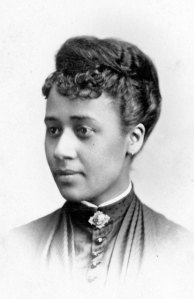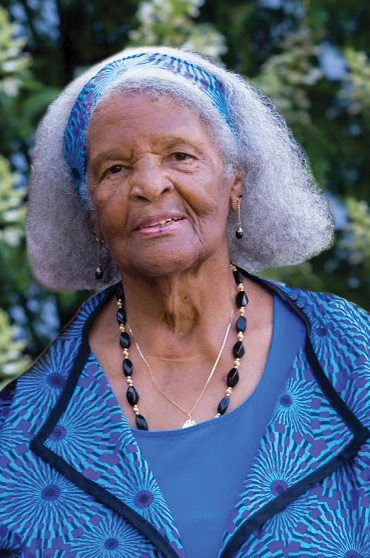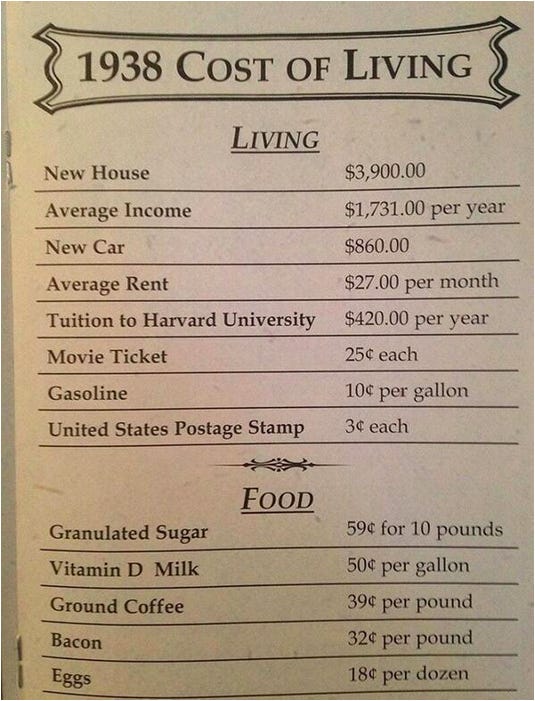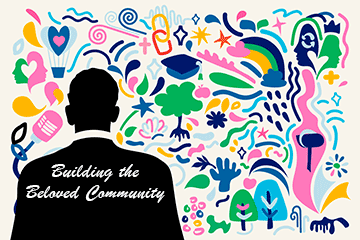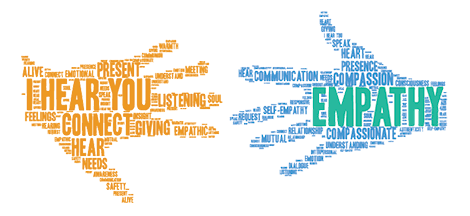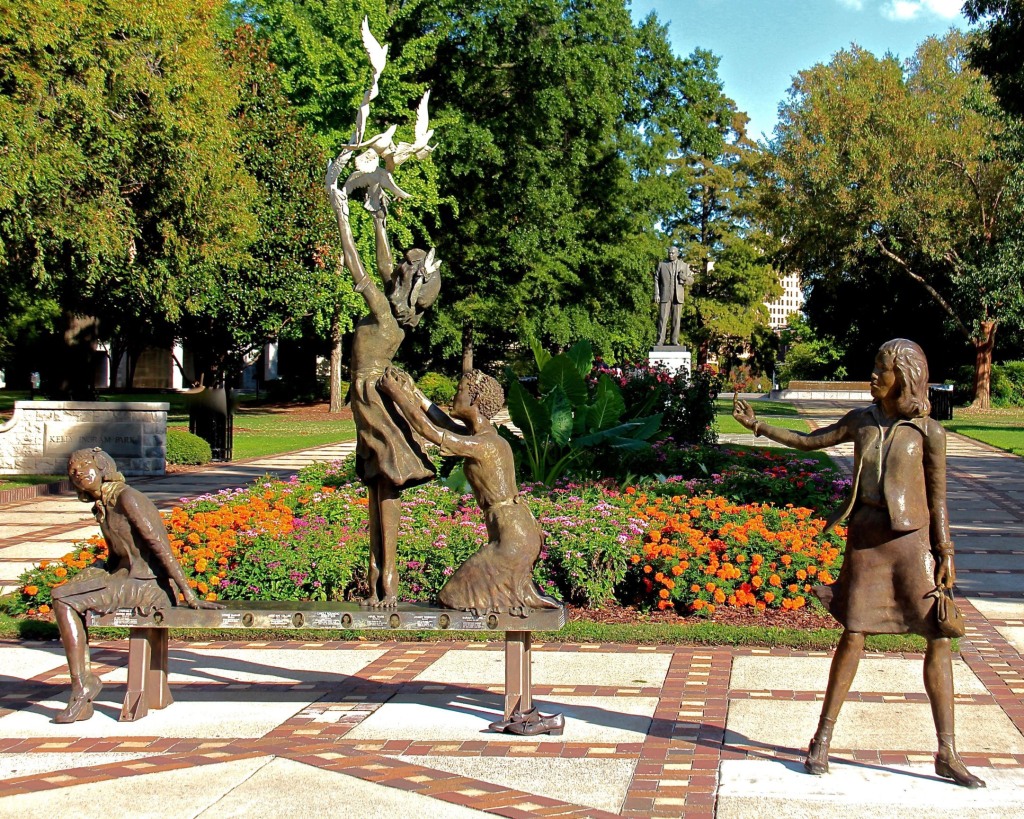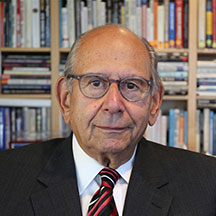I don’t subscribe to the adage that “nothing is ever lost.” I used to lose things all the time. While in college, I lost two coats! Like a lot of people, I’ve lost more umbrellas than I can count and don’t get me started on misplacing things. When I used to misplace things at home, my calm and logical husband was always there to find them for me.
I don’t usually lose things now because I try to be mindful of what I’m doing. Also, I like to establish the kind of habits that relieve me of having to be consciously thinking about where I put the items I use every day. Most things have their place. Now that I’ve downsized, there are a lot of open spaces and flat surfaces where I can easily see things if I’m looking for them. I’ve been feeling pretty content and maybe a little smug about not having the frustration of always looking for something that has been misplaced.
That was until recently…
I have now become preoccupied with retracing my steps and actions to see if I did anything differently on the day that I lost my keys.
For a solid week, I was unable to walk through the house without scanning for the keys. The only thing that was different the day the keys disappeared is that I did have folks in the house doing some work. Coming from a background in which people felt that it was okay to take something that didn’t belong to them, I struggle to keep from thinking that someone deliberately took my keys. I’m going with the notion that the keys are lost or misplaced.
Resolved to think that the keys are lost or misplaced and not stolen did not take away the feeling of anxiousness. I would tell myself to just let it go and feel lucky that I was able to replace the keys. However, I was unable to take my own advice in letting it go. In my desperation, I became irrational in my search. I was looking in places knowingfull well before I searched that the keys would not be there—in boxes and drawers and under everything.
My preoccupation with the lost or misplaced keys became pervasive and a nuisance taking up brain space that I’d rather use otherwise. At the point of exhaustion, I called on my value of reflection. I asked myself what my deeper feelings were—those feelings beyond frustration.
Upon reflection, I was surprised to discover that my deeper feeling was one of distrust. Distrust in myself. How could I trust myself if I couldn’t keep up with something as simple as my own keys? Acknowledging this feeling gave me permission to allow my feelings of humility to surface.
In this posture of humility, I was able to reflect on what I had done in the past when I lost confidence in the one person that I should be able to trust.
During these times of a crisis of confidence in myself, I slow down. I soften my facial features. I show myself the same empathy and gentleness that I would show someone else who temporarily lost confidence in self. And lastly, I forgive myself for the all-to-human trait of being fallible.

